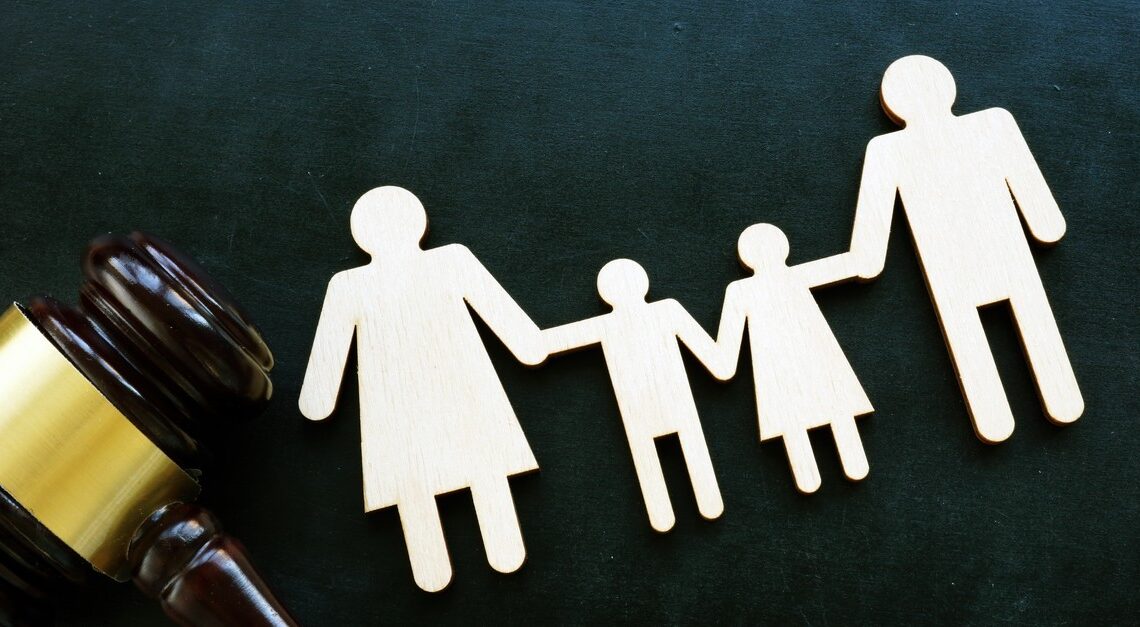Overview of Legal Custody in a Divorce Case

By Janet Howard
Many people understandably do not appreciate that when custody is discussed in a divorce care, there really are two overarching components to that conversation. These are physical and legal custody. Legal custody vests a parent (or parents) with the right and obligation to make what are known as major life decisions on behalf of a minor child. There are a number of points to be discussed when it comes to the matter of legal custody:
- Joint legal custody
- Sole legal custody
- Legal versus physical custody
- Major life decisions
- Changing legal custody
Major Life Decisions
As mentioned at the start of this discussion, legal custody involves making what commonly are known as major life decisions on behalf of a child. Major life decisions include issues like:
- Religion
- Education
- Healthcare
Joint Legal Custody
Joint legal custody is a situation in which both parents are vested with authority and the obligation to make major life decisions on behalf of a minor child. Generally speaking, joint legal custody is the preferred course to take when it comes to parents and decision making on behalf of a child.
Sole legal custody tends to be ordered when one parent is not in a position to participate in the decision-making process for a child. If a parent has some sort of mental health issue that impacts decision making abilities, a court may elect to order sole legal custody.
If a parent is not readily reachable, sole legal custody may be the order of the day. If a parent is incarcerated, that status may result in sole legal custody resting with the other parent because a jailed or imprisoned person may not be readily accessible when it comes to making decisions on behalf of a child.
Sole Legal Custody
Some of the circumstances in which sole legal custody may be ordered have been noted. There are other situations in which a court may be inclined to order sole legal custody in a divorce case.
If a parent historically hasn’t been actively involved in the life of a child for one reason or another, a court may order sole legal custody. If a parent struggles with substance use disorder, sole legal custody with the other parent may be deemed appropriate.
In many instances, an order of sole legal custody is handed down by a court with the idea that it will not be permanent. For example, if a parent is suffering from a substance use disorder, a court may schedule a review of a sole custody order to ascertain whether or not the parent with a substance use disorder sought treatment and is making progress in that regard.
Legal Versus Physical Custody
Reference has been made to legal versus physical custody. Both types of custody come into play in divorce proceedings. Determinations regarding legal and physical custody are made separately in divorce or post-divorce proceedings.
As discussed throughout, legal custody is the right and obligation to make primary or major life decisions on behalf of a child. On the other hand, physical custody is the determination as to where a minor child will reside in a divorce, separation, or paternity setting.
Changing Legal Custody
Legal custody is capable of being changed if the facts and circumstances warrant such an alteration. Legal custody determinations are made based on what is in the best interests of a child. If something occurs that changes underlying facts and circumstances associated with an existing custodial status, a change in legal custody may be deemed in the best interests of a child.
A change in legal custody can be accomplished by agreement between the parties, followed by approval of the alteration by the court. In the alternative, if one parent wants to amend an existing custody order, that individual files a motion with the court. The court then schedules a hearing and takes evidence from the parties regarding the propriety of making a legal custody change.
In an ideal world, both parents have active roles in making major life decisions for a child, even in a divorce setting. Overall, ensuring that both parents are involved actively in making major life decisions for a child is accomplished via a joint legal custody scheme in a divorce setting.





Leave a Reply